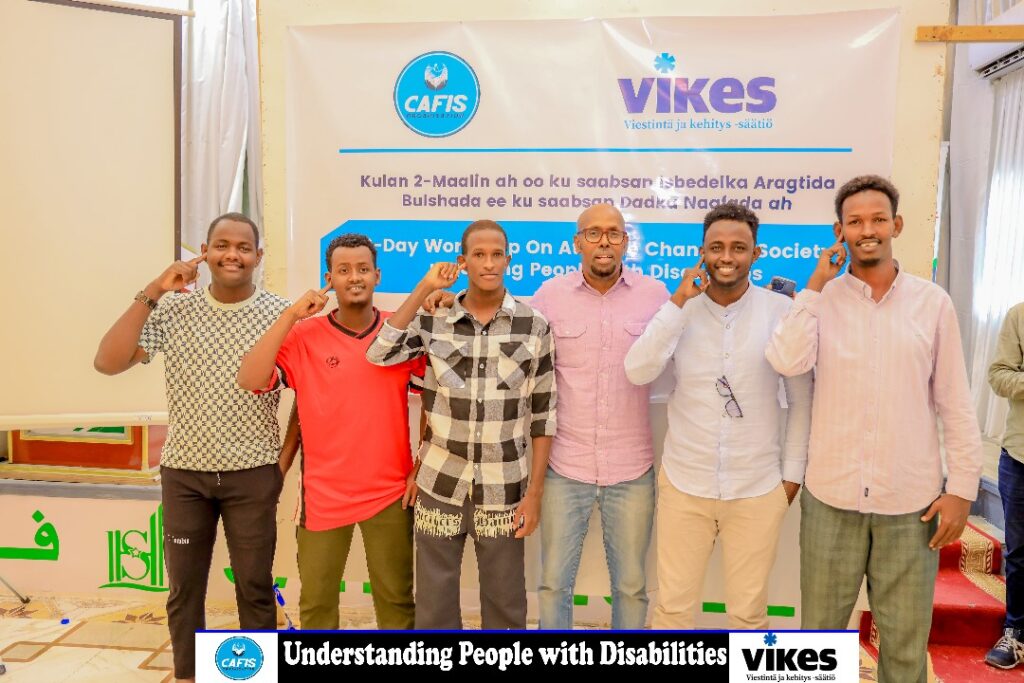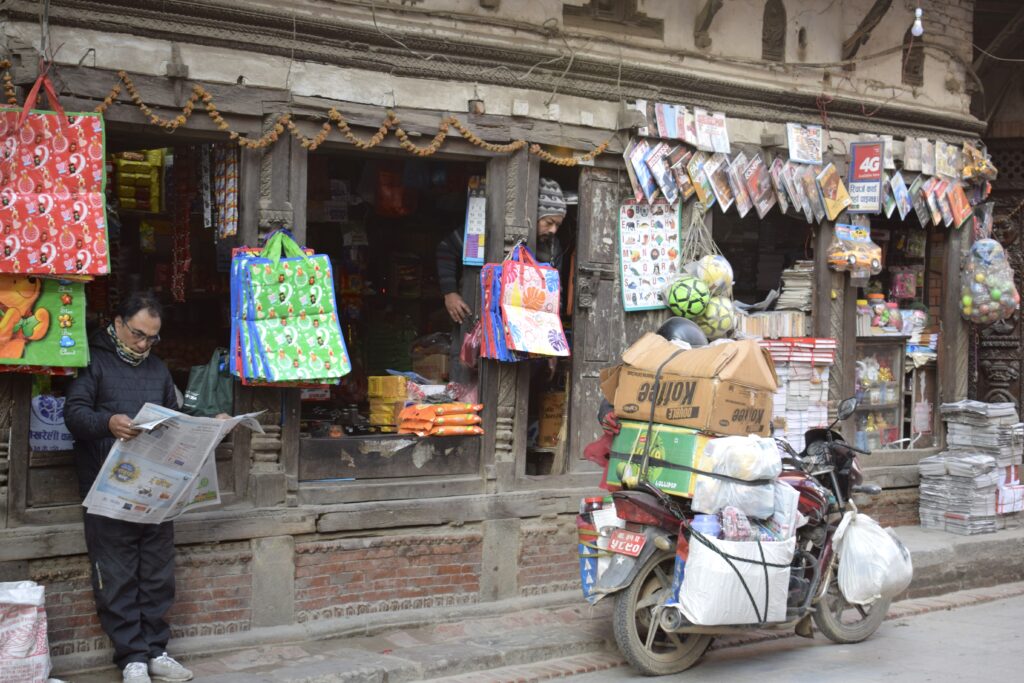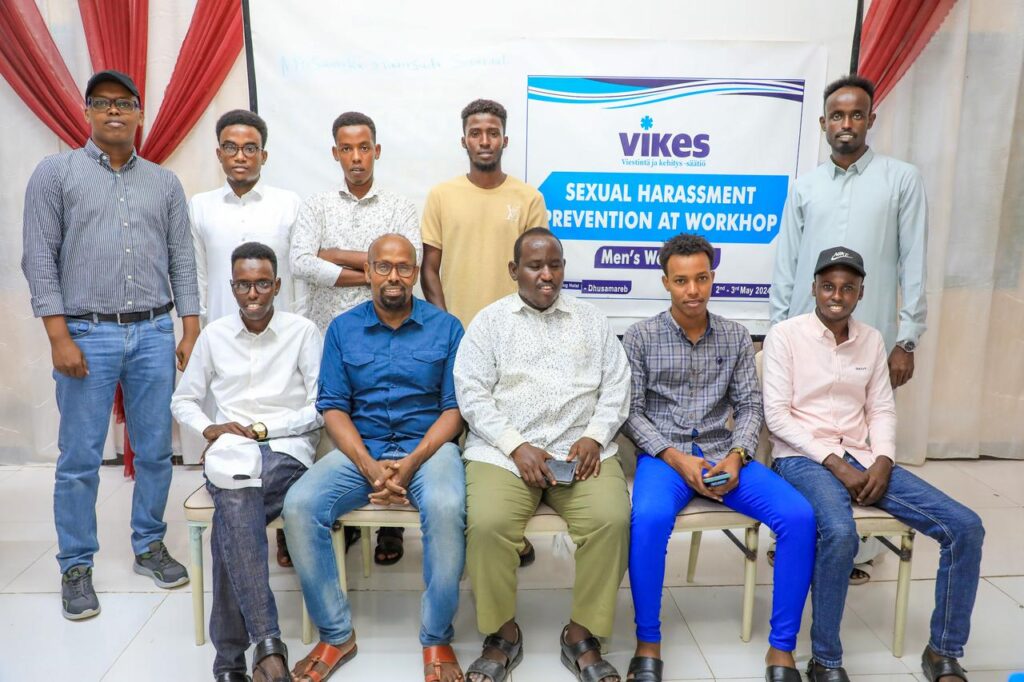Vikes and its expert, Wali Hashi, have been victims of slander and smear campaigns in Somalia. False news on the internet is becoming a growing problem in the country. Online fake news are a growing problem in Somalia.
Several Somali online media outlets have published numerous fake news stories throughout the fall and spring, aiming to discredit Vikes and its partners’ work.
“This is an ongoing campaign to tarnish the reputation of Vikes and myself,” says Wali Hashi, an expert at Vikes.
Many of these articles feature Hashi’s photo and launch strong attacks against him personally. Over the years, he has been targeted before, and at times, Somali false news has also been picked up by Finnish fake media outlets.
The online harassment intensified once rumors spread last fall that Hashi was about to join Vikes.
“This clearly reignited them to spread their lies again.”
According to Hashi, behind these fake news stories often lies a form of blackmail. Someone may request that Hashi perform a favor for them or involve a certain organization as a partner in a development cooperation project. If he refuses, negative stories about him will be published as retaliation.
“They operate in the same way with politicians and businesses. It’s blackmail,” Hashi says.
Terrorist organization Al-Shabaab also spreads a significant amount of fake news. A typical strategy they employ, according to Hashi, is to label an unfavorable actor as engaged in Christian missionary work.
A Dangerous country riddled with fake news
Somalia presents a highly challenging environment for the media. The country ranks 140 out of 180 in the Press Freedom Index. Somalia is a dangerous country for journalists, and their financial situation is precarious.
Fake news and disinformation are also widespread. Vikes’ partner, the Federation of Somali Journalists, has established its own “laboratory” dedicated to combating fake news. However, the fight against falsehoods is difficult.
“When one fake website is shut down, new ones quickly emerge to take its place,” Wali Hashi says.
Emotionally charged fake news spreads rapidly on social media. This is a threat to peace, as influential politicians and powerful clans often fall victim to these lies.
Falsehoods are often propagated from the diaspora, Hashi explains. False narratives originating from Finland have also caused turmoil in Somalia.
“For Vikes, fake news and targeting are also a security risk because Somalia is a dangerous environment, and I often find myself in the country,” Hashi says.
Fortunately, Vikes has a good reputation within Somalia’s respected media landscape, according to Hashi. The foundation has supported journalist training and the development of programs on the national television since 2014. In recent years, the focus has expanded to promoting peace through responsible journalism.



